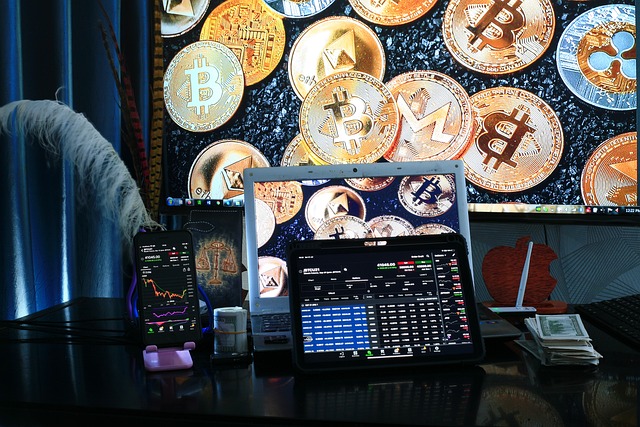“Ensuring the security of cryptocurrencies is of utmost importance to protect them against theft and loss. There are several storage options, each with their own advantages and disadvantages. Below, I list some of the most common alternatives for securely storing cryptocurrencies:
- Hardware Wallets: Hardware wallets are physical devices designed specifically to securely store cryptocurrencies. Popular examples include Ledger Nano S, Ledger Nano X, and Trezor. These wallets keep your private keys offline, making them highly resistant to online attacks. They are an excellent choice for storing significant amounts of cryptocurrencies.
- Software Wallets: Software wallets are applications or computer programs that can be installed on your device. They can be divided into two types:
- Hot Wallets: These are online wallets, connected to the internet, such as Exodus, Electrum, and MyEtherWallet. They are convenient for quick access but may be more vulnerable to online attacks.
- Cold Wallets: These are wallets that keep private keys offline, like Armory or a computer not connected to the internet. They are more secure but less practical for frequent access.
- Paper Wallets: A paper wallet is a physical copy of your public and private keys printed on paper. It is a highly secure offline storage alternative. Be sure to keep it in a secure and weatherproof location.
- Exchange Storage: Many people choose to leave their cryptocurrencies in wallets provided by online exchanges. While convenient, this option is less secure since you don’t have control over the private keys and are relying on the exchange’s security.
- Mobile Wallets: Mobile wallet apps, like Trust Wallet, are designed for smartphones and offer convenience for small amounts of cryptocurrencies.
Regardless of the type of wallet you choose, it’s essential to follow some fundamental tips to ensure the security of your cryptocurrencies:
- Keep your private keys confidential: Never share your private keys with third parties.
- Back up your keys: Create backups of your private keys and store them in secure locations, such as a safe deposit box.
- Keep your software up to date: Make sure to keep your wallet software up to date to benefit from the latest security measures.
- Use two-factor authentication (2FA): Whenever possible, enable two-factor authentication to add an extra layer of security.
- Exercise caution with links and emails: Avoid clicking on suspicious links or responding to phishing emails attempting to obtain your information.
Remember that the security of your cryptocurrencies is entirely your responsibility. Therefore, it’s crucial to fully understand how your wallet operates and adopt best security practices to protect your digital assets.”

